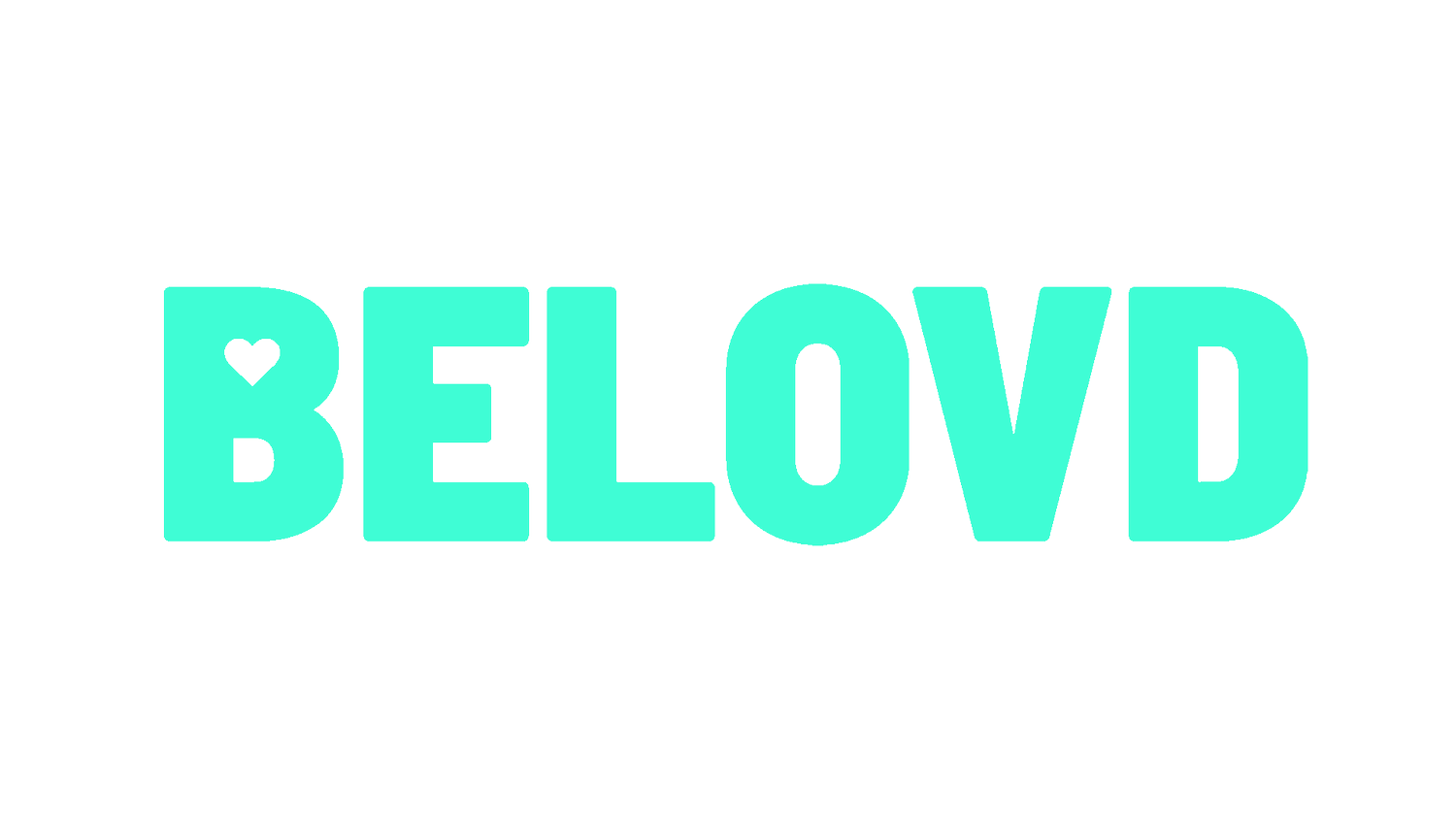What is dei?
What is DEI? Understanding Diversity, Equity, and Inclusion in Today's World
In our increasingly interconnected world, the importance of Diversity, Equity, and Inclusion (DEI) in workplaces and communities cannot be overstated. DEI is more than just a buzzword; it’s a comprehensive approach to ensuring that everyone, irrespective of their background, has access to the same opportunities and is treated fairly and respectfully.
Diversity: The Foundation of DEI
Diversity refers to the presence of differences within a given setting. This includes, but is not limited to, differences in race, gender, age, religion, disability, sexual orientation, socioeconomic status, and cultural background. Diversity is about acknowledging and valuing these differences to create a rich tapestry of perspectives that can enhance creativity and problem-solving.
However, diversity alone is not enough. It's one thing to invite various individuals to the table; it's another to ensure they have a voice and feel valued. This is where equity and inclusion come into play.
Equity: Fairness and Justice in Practice
Equity is about fairness and justice. It’s the process of ensuring that practices and programs are impartial, fair, and provide equal possible outcomes for every individual. It's important to note that equity is different from equality. While equality means treating everyone the same, equity recognises that we don’t all start from the same place and must make adjustments to balance that scale.
For instance, consider a workplace implementing a training program. Equality would mean everyone receives the same training, but equity would take into account that some might need additional support or resources to benefit fully from that training.
Inclusion: The Art of Belonging
Inclusion is about genuinely integrating individuals into a particular setting or environment. It's about creating a space where differences are not just acknowledged but are also valued and leveraged. An inclusive environment is one where individuals feel welcomed, respected, and able to fully participate and express themselves.
In the workplace, this means creating a culture where employees feel a sense of belonging, can contribute their unique ideas and perspectives, and have equal access to opportunities and resources.
Why is DEI Important?
Embracing DEI is not just the right thing to do; it’s also a smart business strategy. Diverse teams are more innovative and creative. They bring a variety of perspectives that can lead to better decision-making and problem-solving. A study by McKinsey & Company found that companies with more diverse workforces perform better financially.
Moreover, in our globalised world, having a diverse and inclusive workforce can improve customer insights and satisfaction. It enables companies to cater to a broader audience and understand the needs of a diverse client base.
DEI in Action
Implementing DEI is not a one-off task; it’s an ongoing process. It involves continual learning, unlearning, and relearning. Organisations must regularly assess their policies and practices to ensure they promote diversity, equity, and inclusion.
This includes everything from recruitment and hiring practices to workplace culture and professional development opportunities. Training and education are crucial, as is creating channels for open and honest communication about these topics.
Conclusion
In conclusion, DEI is an essential aspect of modern society and business. It's about recognising and valuing differences, ensuring fair treatment and equal opportunities, and creating environments where everyone feels they belong. By embracing DEI, we not only create more equitable and inclusive environments but also pave the way for more innovative, productive, and successful organisations.

